A Comparative Study of a Conventional and Modern Transport-Velocity SPH Scheme in a Reactive Mass Transfer Problem
Please login to view abstract download link
The advection-diffusion equation is fundamental to modeling mass transfer in various engineering applications, including solute transport in catalytic reactors, pollutant dispersion in environmental flows, and drug delivery in biological tissues. These problems often span a wide range of transport regimes, making accurate and robust numerical solutions essential for predictive modeling and design. In this work, we investigate two Weakly Compressible Smoothed Particle Hydrodynamics (WCSPH) approaches, a conventional SPH and a modern SPH with transport velocity, for modeling mass transport in a Laminar Flow Reactor (LFR), which includes advection, diffusion, and reaction effects. The study examines three Peclet numbers (Pe = 10, 1000, and 100,000), corresponding to diffusion-influenced, mixed, and advection-dominated transport regimes, respectively. Numerical results are benchmarked against COMSOL Multiphysics®. The modern SPH method demonstrates improved performance over the conventional SPH in low to moderate Peclet regimes, exhibiting reduced particle disorder, enhanced stability, and more accurate diffusion resolution. At high Peclet numbers, both approaches yield comparable results, though the modern SPH shows improved convergence and outlet concentration predictions. These findings highlight the potential of the implemented modern SPH approach for improved modeling of mass transfer in chemical reactors, particularly in diffusion-sensitive applications.

